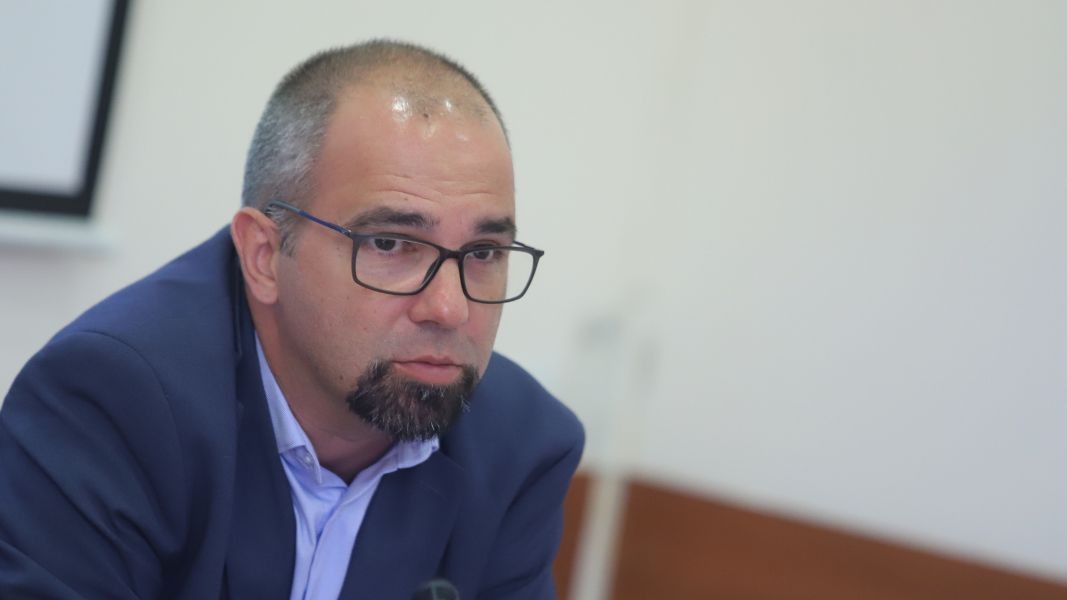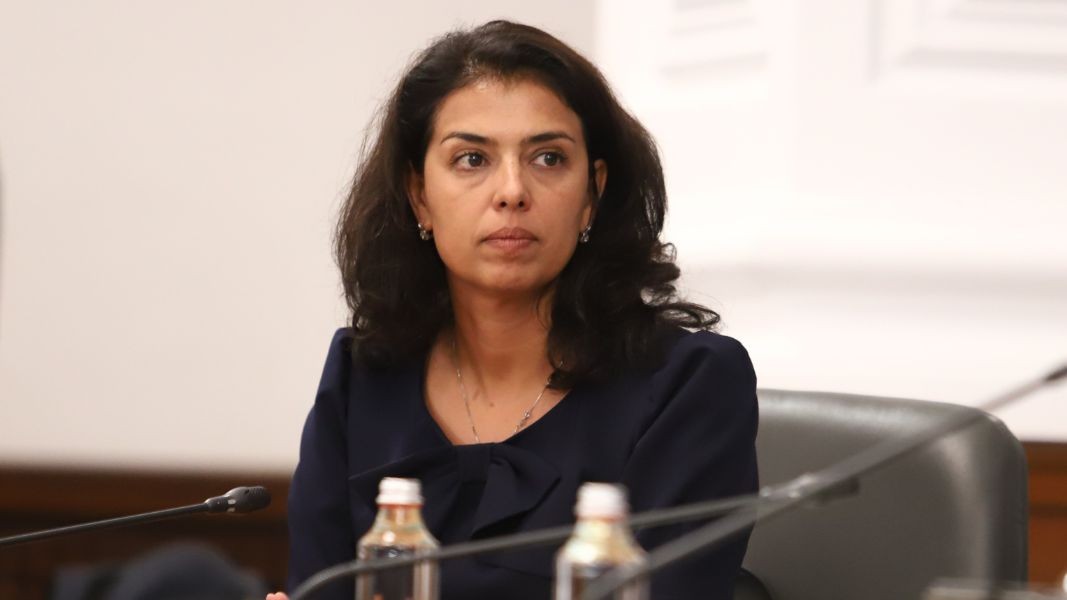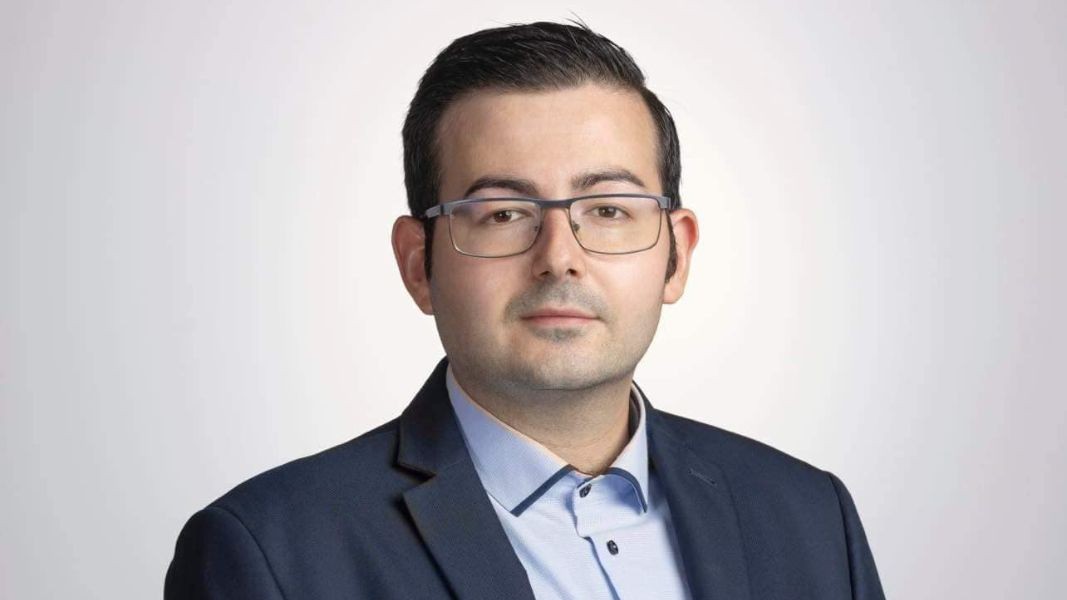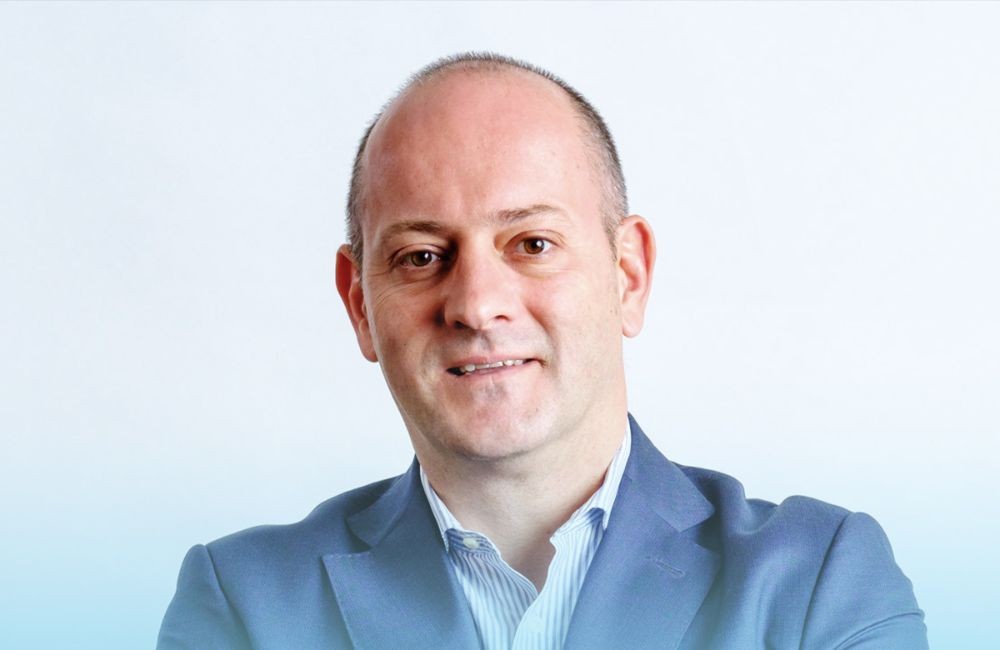Almost a month after the MPs in the 48th Bulgarian Parliament were sworn in, Bulgaria continues to be governed by the fourth caretaker cabinet appointed by the president. The Bulgarian head of state Rumen Radev holds consultations with the political parties represented in the parliament, but has mostly given them time for dialogue, without which the formation of a government within the framework of the fragmented 7-party Bulgarian parliament would be a mission impossible.
Vice President Iliana Iotova has called on political leaders to act with foresight and reason. In her words, Bulgaria needs a regular cabinet in order to take on sufficiently heavy commitments for reforms both at the national and European level. "Recently, the desire to form a cabinet expressed in words is inversely proportional to actual actions," the vice president stated.
"We see some political consultations, which are rather an imitation of a full-blooded negotiation process for the formation of a government. From the outside, it seems that no one wants to take the power. Everyone calculates their gains and losses in the negotiation process and tries to maximize their gains and minimize their losses, from the point of view of the next elections," political scientist Ralitsa Simeonova says in an interview with BNR. "The expectations are that the elections will be soon, and this motivation determines the course and process of negotiations. The situation in the state, however, requires making unpopular decisions that have negative consequences for the political forces that make them," she believes.
The political parties that could participate in any governing format are GERB and MRF, because they are the only ones that will not suffer major electoral damage. And the formation of a cabinet, albeit unstable, can be reached in the third term, for which two parties - the nationalist "Vazrazhdane" and the smallest parliamentary force "Bulgarian Rise" - have stated their ambition.
With the results of the elections on October 2, Bulgarian society set a clear task for the political elite - to put aside the party ego and find a constructive dialogue on the priority topics for society - dealing with poverty against the background of galloping inflation and a deepening economic crisis as well as judicial reform. 56% of those polled in the latest Gallup International survey want the formation of a government. But what are the politicians doing?

"They talk, sit together, get used to each other... Holidays are approaching, they don't care, so something might happen. I think that the chance of having a government is no greater than the chance of not having one, but it is greater than before," comments Parvan Simeonov, a sociologist from the Gallup agency, in an interview for Darik Radio.
However, the patience of ordinary citizens is about to run out. A few days ago, the two largest trade unions - CITUB and the Confederation of Labour “Podkprepa” organized a national protest with demands for income growth compensating for inflation, which in a year reached 18.7%. Thousands demanded an increase in the minimum wage from BGN 710 to a minimum of BGN 850 from the beginning of 2023, an increase of at least 13% of all wages in the private and public sector in 2023, and others.
However, these changes are only possible with the adoption of a new state budget for next year, which the caretaker cabinet refuses to introduce, as it has no political representation and no mandate to carry out policies.
However, public discontent could put pressure on the formation of a regular cabinet - this thesis was expressed by President Rumen Radev during his meeting with trade union leaders on November 11.

"This is a bit of a vicious approach to forming a government," commented Vanya Grigorova, an economic adviser at the Podkrepa trade union. ”Such a thing guarantees that the cabinet will be unstable. If a minimum consensus on the state's priorities is not reached, I am afraid that a possible coalition will have a shorter life than the previous one. We still have a political elite that does not realize its role as a leader through the severe crisis in which we find ourselves. We see people who are inclined to please Brussels and Washington, but not the Bulgarian citizens.”
"The formation of a government with a short period of action is possible if the parties manage to agree on some programme," analyst Emil Sokolov believes:

"In order for this to happen, they must have a consensus on issues such as judicial reform, the adoption of a budget and inflationary measures. Euro-Atlanticism cannot be a panacea. A government cannot govern with only a focus on foreign policy while neglecting domestic issues.''
EPP MEP Radan Kanev considers the hypothesis of a possible cabinet with the mandate of the second parliamentary force "We Continue the Change" or with that of Democratic Bulgaria, if GERB supports such a configuration and secures the necessary majority, as suitable.

"Such a cabinet can consolidate the foreign policy position of Bulgaria, the position in the EU and in NATO in a way that has not been achieved for decades. This is extremely important for our national security, for economic prosperity, and for our role in the EU. Such a government could implement a smart financial and economic policy, help the Bulgarian industry to realize their huge potential in a time of interrupted supply chains."
Compiled by Joan Kolev
Photos: Ani Petrova, BGNES, Facebook/Emil Sokolov, Facebook / Radan KunevPrime Minister of North Macedonia: We will not give up on EU membership but we will not be kneeling down Assessing the first 100 days of his cabinet, North Macedonian Prime Minister Hristijan Mickoski reported that the..
Albania to start substantive EU accession negotiations on 15 October The EU's permanent representatives in Brussels have unanimously decided to open accession negotiations with Albania. The process will start on 15 October with an EU-Albania..
From today, 27 September, Bulgaria is once again in a 30-day election campaign. 28 parties and 11 coalitions have registered with the Central Election Commission to take part in the next early parliamentary elections, and 19 parties and 9 coalitions..
The members of parliament will continue their session at 10 AM on November 22, following yet another unsuccessful attempt to elect a Speaker of the..
A new party called Bulgaria Can (Bulgaria Mozhe) was founded today. Its leaders are the political and economics analyst Kuzman Iliev and the former MP..
GERB leader Boyko Borissov has sent a letter to the We Continue the Change-Democratic Bulgaria (PP-DB) coalition proposing a way out of the political..

+359 2 9336 661
